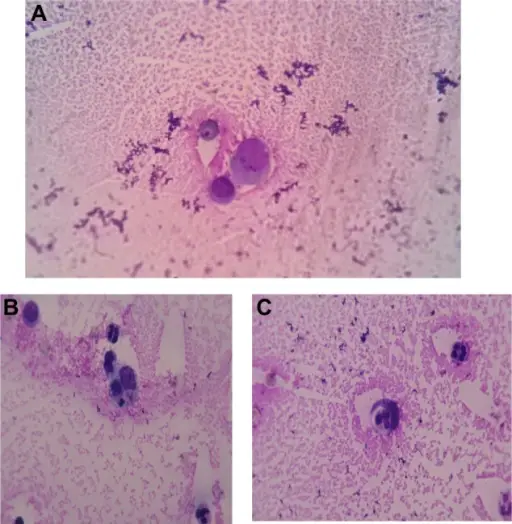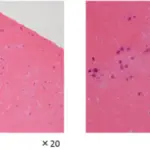Rheumatoid arthritis is an autoimmune disorder that results in chronic inflammation of the joints.
What is the Pathology of Rheumatoid Arthritis?
The pathology of rheumatoid arthritis is:
-Etiology: Rheumatoid arthritis is an autoimmune condition.
-Genes involved: None.
-Pathogenesis: The pathogenesis of RA is not completely understood, but is thought to be due to external triggers which may include cigarette smoke, infection, or trauma. These triggers are believed to set off an autoimmune reaction that leads to synovial hypertrophy and chronic joint inflammation.
-Histology: The histology associated with rheumatoid arthritis shows perivascular mononuclear cell infiltrate in the synovium
How does Rheumatoid Arthritis Present?
Patients with rheumatoid arthritis typically present with joint stiffness, pain, swelling, and decreased movement of the affected joints. The smaller joints of the hands and feet are most commonly affected. Stiffness is usually worse in the morning.
How is Rheumatoid Arthritis Diagnosed?
Rheumatoid arthritis is diagnosed by blood tests, and radiographic imaging.
How is Rheumatoid Arthritis Treated?
Rheumatoid arthritis may be treated by disease-modifying antirheumatic drugs. There is no cure for rheumatoid arthritis.
What is the Prognosis of Rheumatoid Arthritis?
The prognosis of rheumatoid arthritis is good.



